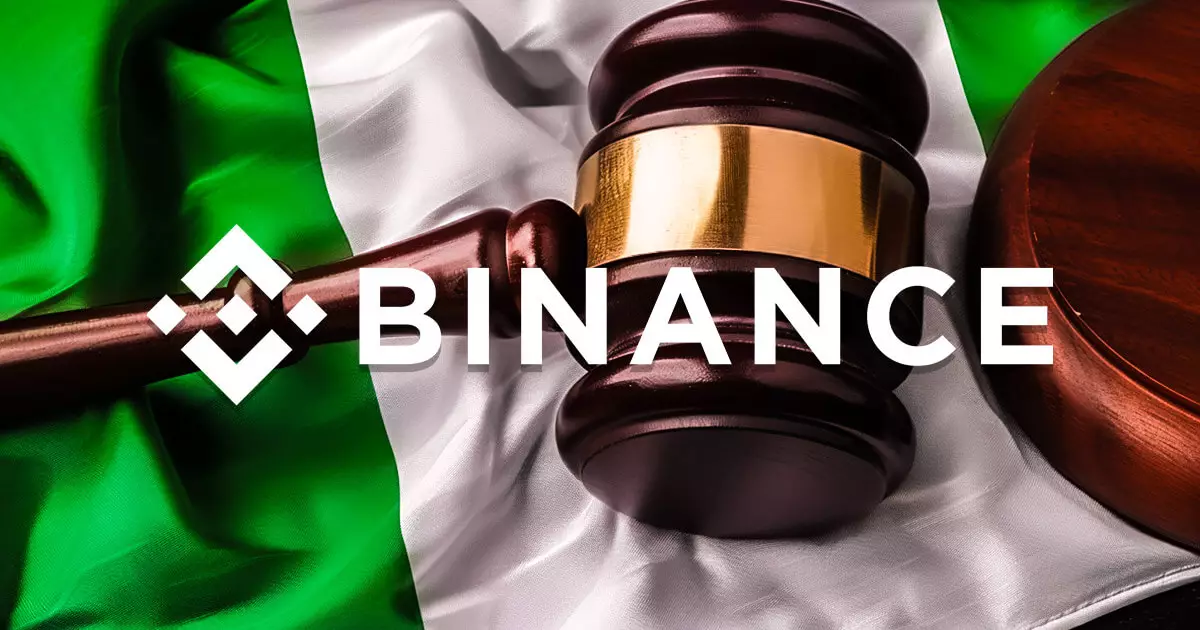The deputy director of the Central Bank of Nigeria (CBN), Olubukola Akinwumi, made serious allegations against Binance, a popular cryptocurrency exchange platform. Akinwumi accused Binance of conducting transactions that are typically reserved for authorized banks and financial institutions. This accusation was a part of his testimony in an ongoing lawsuit brought by the Economic and Financial Crimes Commission (EFCC) against Binance and its executive, Tigran Gambaryan.
Violation of Identity Disclosure Rules
Akinwumi pointed out that Binance allows Nigerian users to use pseudonyms when conducting transactions on its platform. This goes against the CBN’s rules, which require parties involved in financial transactions to disclose their true identities. The deputy director highlighted that Binance’s peer-to-peer (P2P) platform, which facilitates direct transactions, involves the transfer of the Nigerian fiat currency, Naira. According to Akinwumi, these transactions are in direct violation of the CBN’s regulations.
Furthermore, Akinwumi emphasized that Binance permits Nigerians to deposit and withdraw Naira from the platform using a “cash link.” However, the depositing and withdrawing of Naira is a regulated activity under the supervision of the CBN. It was noted that Binance is not licensed by the CBN as a payment service provider, raising concerns about the platform’s compliance with regulatory requirements.
The accusations against Binance come amidst a broader crackdown on cryptocurrency service providers in Nigeria. The country’s National Security Adviser (NSA) recently classified crypto trading as a national security threat, leading to increased scrutiny on the industry. This shift in stance is evident as the CBN had lifted a two-year ban on crypto transactions just last December. Additionally, the Securities and Exchange Commission (SEC) in Nigeria recently issued a 30-day window for crypto exchanges and digital asset traders to re-register their businesses under the new regulatory framework, with warnings of enforcement actions for non-compliance.
The accusations against Binance by the CBN raise important questions about regulatory compliance and the protection of users in the cryptocurrency space. As the trial continues and more details emerge, it will be crucial to assess the implications of these allegations on the broader landscape of digital asset trading in Nigeria.

